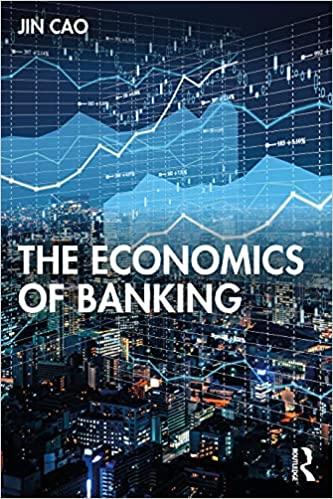Consider a small open economy which lasts for two periods, (t=1,2). There is only one commodity that
Question:
Consider a small open economy which lasts for two periods, \(t=1,2\). There is only one commodity that is tradable but it cannot be stored, and in each period the representative household is endowed with \(y_{1}=100\) and \(y_{2}=200\) of such good. The representative household has a perfect foresight and is able to borrow or save at a constant real interest rate in the first period. The exogenous world financial market interest rate is given as \(r^{*}=0.1\). The utility function of the representative household is
\[u\left(c_{1}, c_{2}\right)=\sqrt{c_{1}}+\beta \sqrt{c_{2}}\]
in which \(c_{1} / c_{2}\) denotes the consumption in \(t=1 / t=2\), and \(\beta\) is the discount factor with \(\beta=\frac{1}{1.1}\).
(a) Derive the Euler equation for the representative household and compute its optimal consumption in each period, call it \(\left(c_{1}^{*}, c_{2}^{*}\right)\). Is there any current account surplus or deficit in period 1?
(b) Now suppose that the economy does not have access to the international financial market, i.e., people in the economy have to live in autarky. Compare the residents' welfare in this case with that in question (a), and explain your findings.
(c) Now go back to question (a). Suppose the world market interest rate \(r^{*}\) can take other values. Then how much \(r^{*}\) should there be to make the residents indifferent between participating international financial market and living in autarky?
Step by Step Answer:






